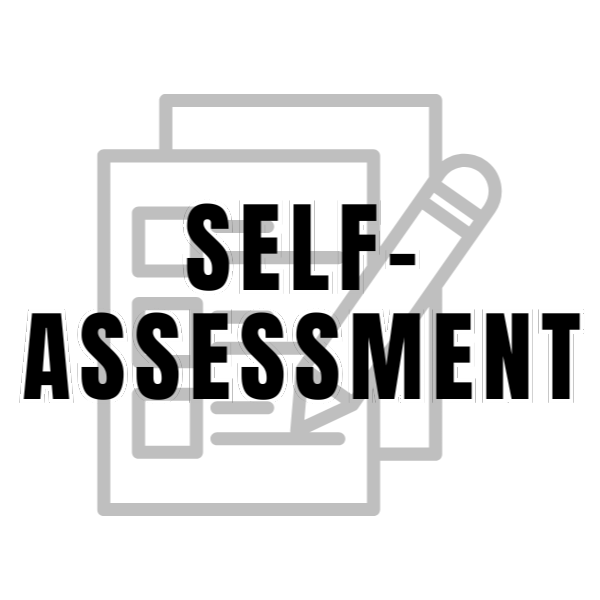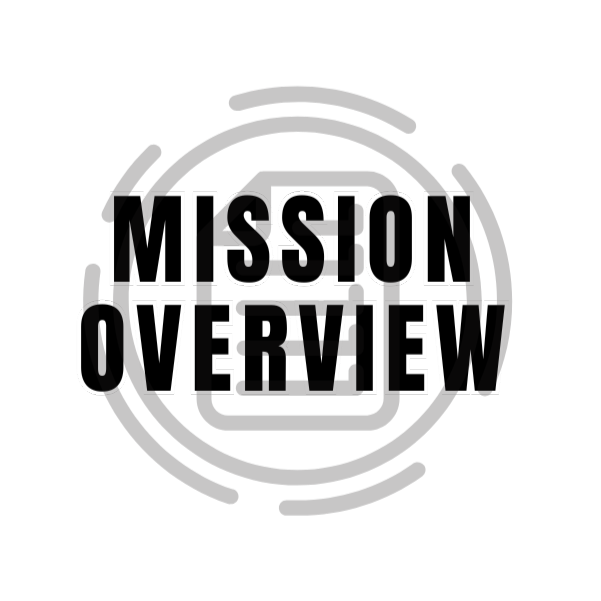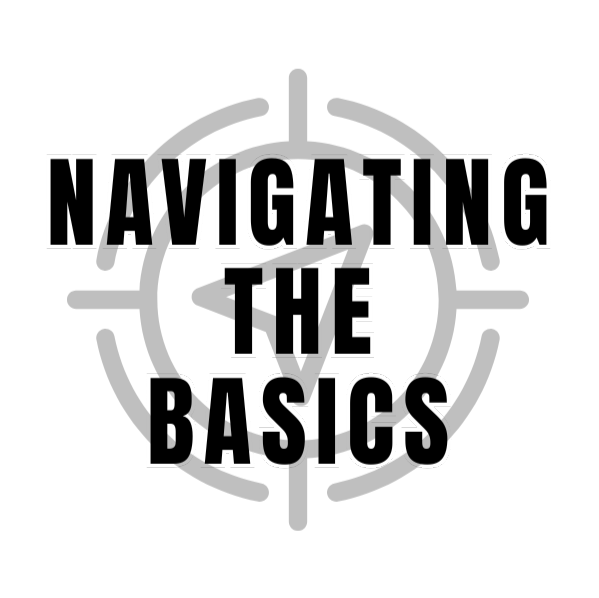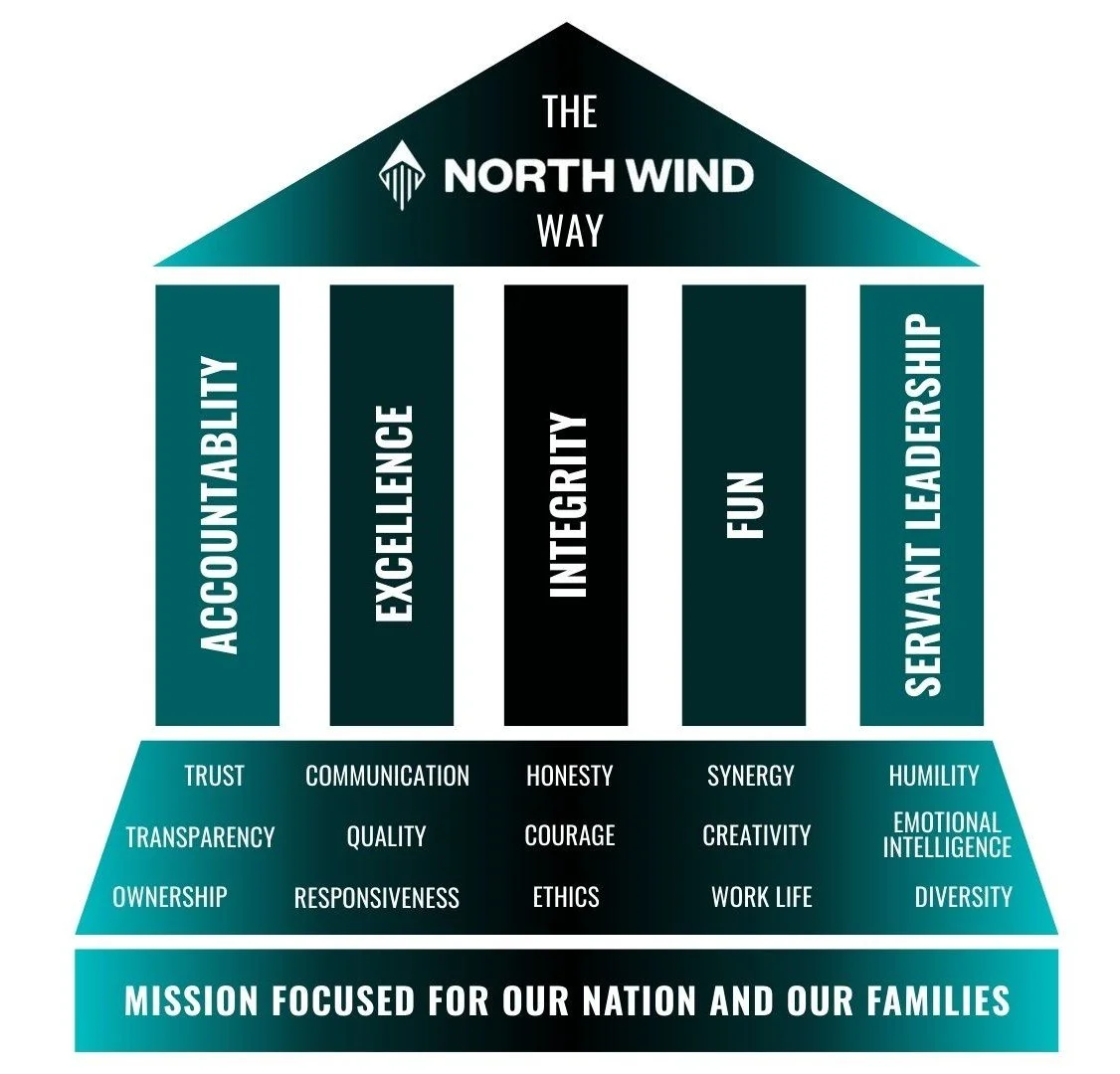Self-Aware Leadership
Honesty begins with yourself. Before you can be truthful with others, you have to be willing to face what is real: your emotions, motives, and the impact of your actions. Self-awareness allows you to see where your behavior aligns with your values and where it may fall short.
When you take time to notice your own patterns, your words become more thoughtful and your decisions more grounded. You learn to pause before reacting, to listen fully, and to speak with intention. This awareness helps you communicate with honesty instead of habit.
At North Wind, honest leadership starts with reflection. Leaders who understand their own reactions bring clarity to their communication. They recognize when to speak, when to listen, and when silence allows space for understanding. Self-awareness shapes not only how you lead, but how others learn to trust what you say.
Self-Assessment:
Self-Aware Leadership
Please take a few moments to contemplate the following self-reflection questions. Where can you identify opportunities for personal growth in your leadership?
Do I take time to reflect on my actions and the motives behind them?
How aware am I of the emotions that influence my decisions or tone?
When I make a mistake, do I acknowledge it to myself right away or look for excuses?
Do my choices reflect the values I say are important to me?
How often do I ask for feedback to better understand how others experience my leadership?
Am I honest with myself about the habits or behaviors that may need to change?
Do I take responsibility for my reactions when I feel stressed or frustrated?
How often do I pause to consider whether I’m being as open and genuine as I expect others to be?
Remember, this self-assessment is just a starting point for understanding your knowledge of Self-Aware Leadership as a leader. It's essential to reflect on your responses and actively work on areas where improvement is needed. Additionally, seeking feedback from others and working with your ECFL Leadership Coach can provide valuable insights into your strengths and weaknesses.
Self-awareness begins with being honest about what you see in yourself. Leaders who lack that awareness often miss how their behavior affects others, making meaningful change difficult. Without reflection, you overlook blind spots and repeat mistakes while assuming your good intentions are enough. Taking the time to examine your actions and reactions can help you notice patterns, manage your responses, and make choices that reflect both awareness and integrity.
Without self-awareness, it’s easy to get in your own way. When someone points out a mistake or offers feedback, notice your reaction:
Do you feel defensive and rush to explain?
Do you dismiss the comment because they misunderstood?
Do you focus on how they said it instead of what they said?
These responses are natural, but they prevent honest reflection. Self-awareness creates a pause where you can listen without reacting and ask different questions: What part of this might be true? What can I learn? How do I respond differently next time? Honesty with yourself turns discomfort into information you can use.
“Owning our story can be hard but not nearly as difficult as spending our lives running from it.”
Have you ever worked with someone who didn’t realize how their tone or reactions affected others? They may not mean to, but their lack of awareness can create distance or tension. Leaders who practice self-awareness strengthen trust by paying attention to how their emotions influence their words and actions, taking ownership of their impact on others, and adjusting their approach based on what each situation requires.
As your self-awareness grows, honesty becomes easier. You’ll begin to notice how being truthful with yourself changes the way you speak, listen, and lead. Every situation is different, and self-awareness gives you the flexibility to respond with honesty and intention. Honest leaders recognize when their approach isn’t working, take responsibility, and look for better ways forward.
For example, if a colleague says your feedback feels rushed, self-awareness helps you pause before jumping to defend yourself. You might consider your delivery, ask for specifics, and adjust how you communicate next time. These small changes, like choosing awareness before action, build credibility, trust, and integrity over time.
Take a few minutes and read the following story:
Unintentionally Unapproachable
Erica, a project manager, always considered herself approachable and supportive. She valued efficiency and liked giving quick, clear answers, assuming her coworkers appreciated her straightforward style. If someone had an issue, she expected they would just speak up.
After a recent office feedback session, Erica was surprised by comments like, "Erica seems too rushed to really listen," and, "I sometimes feel like Erica doesn't want to be bothered with my questions." Erica felt puzzled; she'd always told coworkers to approach her whenever needed, so why were they hesitant?
Later that evening, while watching TV, Erica noticed a scene where a manager hurriedly gave instructions without looking up from her screen. The employees hesitated, clearly unsure if the manager was truly listening. Erica laughed at first, but then paused. Do I act like that?
The next morning, Erica began paying close attention to her interactions. She realized she often responded to questions while distracted by emails, rarely made eye contact, and answered in short, hurried sentences. Although she didn't intend to appear unapproachable, her behavior communicated otherwise.
Determined to improve, Erica made deliberate changes. She started making eye contact, paused to fully listen before responding, and asked follow-up questions to show genuine interest. Within weeks, coworkers seemed more comfortable approaching her, shared more openly, and appeared more relaxed during interactions.
Self-awareness allowed Erica to notice what she'd been missing: the gap between how she saw herself and how others experienced her. The same gap exists in your leadership, but the question is whether you're willing to confront it.
“We are not here to judge each other but to help each other be accountable to our own potential.”
Many people assume they’re self-aware, but real awareness takes attention and practice. The good news is that small, consistent habits can help you see yourself more clearly and strengthen your integrity over time.
Here are a few practical ways to grow your self-awareness at work:
Make Reflection Part of Your Routine: Take a few minutes at the end of each day to look back with honesty. What went well? What felt off? Ask yourself: Did I respond the way I wanted to? Did I take time to listen, or did I rush through a conversation? Reflection helps you see patterns that shape how others experience you.
Learn Your Triggers: Everyone has moments that test their patience or focus. When irritation or stress builds, pause before reacting and ask what’s really driving it. Maybe it’s pressure, fatigue, or feeling unheard. Understanding what sparks those emotions gives you control over how you respond and helps you stay grounded in honesty rather than reacting on impulse.
Ask for Honest Feedback: Self-awareness deepens through perspective. Choose someone you trust and invite their insight about how you communicate or lead. Ask questions that encourage openness, and resist the urge to explain or defend. Listening without judgment helps you see yourself through another lens, and that clarity often reveals the small, unseen habits that shape how others experience you.
Pay Attention to How You Communicate: Self-awareness extends beyond what you say; it also includes how you say it. Notice your tone, pace, and body language during conversations. Do your words match your intent? Are you fully present when others speak? The more aware you are of your signals, the easier it becomes to communicate with honesty and authenticity.
Choose One Area to Grow: Awareness grows stronger when it’s focused. Identify one area where you can be more intentional: a habit, reaction, or pattern that deserves attention. Set a goal to observe it closely for a few weeks and reflect on your progress. Growth begins with honest observation, not judgment, and develops through consistent attention.
Honesty begins with the willingness to see yourself clearly. Self-awareness provides the information that makes honesty possible: what drives your reactions, how others experience you, and where your actions don't match your intentions. The more aware you become of your behavior, the more control you have over whether your actions reflect your principles.
Pay attention to what drives your decisions and how those choices land with others, then look for the gap between your intention and your impact. When you find that gap, you have a choice: ignore it and let it widen, or close it through honest adjustment. That choice, made repeatedly, determines the kind of leader you become.
Reflection Questions:
What situations make it hardest for me to be honest with myself about my behavior or motives?
How do I respond when I realize I’ve contributed to a problem or misunderstanding?
What patterns in my reactions or decisions might be keeping me from leading with honesty?
Elevate your understanding of Self-Aware Leadership by taking flight with the following resources. Use this opportunity to navigate, uncover, and expand the horizons of your leadership influence.
What Self-Awareness Really Is (and How to Cultivate It)
Daniel Goleman Introduces Emotional Intelligence (5:31)
Increase your self-awareness with one simple fix (17:17)
Tasha Eurich, TEDxMileHigh








